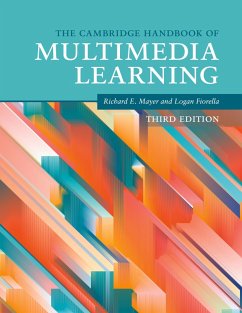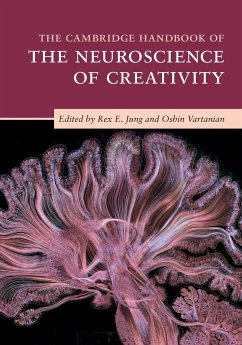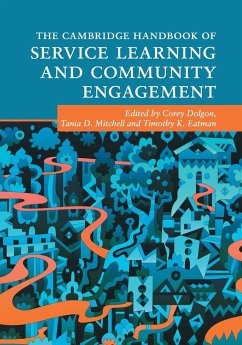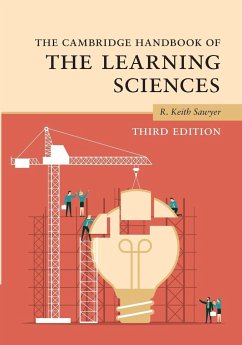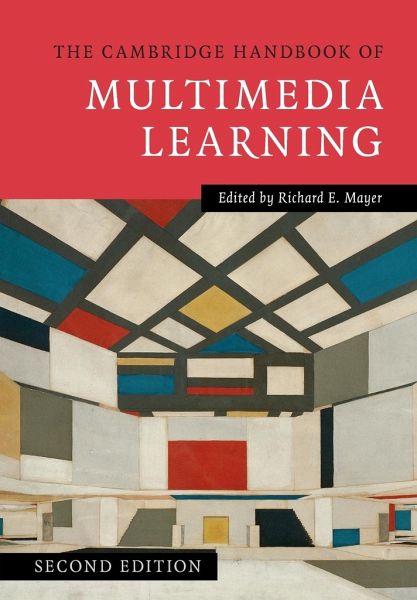
The Cambridge Handbook of Multimedia Learning
Versandkostenfrei!
Versandfertig in 1-2 Wochen
80,99 €
inkl. MwSt.

PAYBACK Punkte
40 °P sammeln!
The updated second edition of the only handbook to offer a comprehensive analysis of research and theory in the field of multimedia learning, or learning from words and images. It examines research-based principles to determine the most effective methods of multimedia instruction and uses cognitive theory to explain how these methods work.





